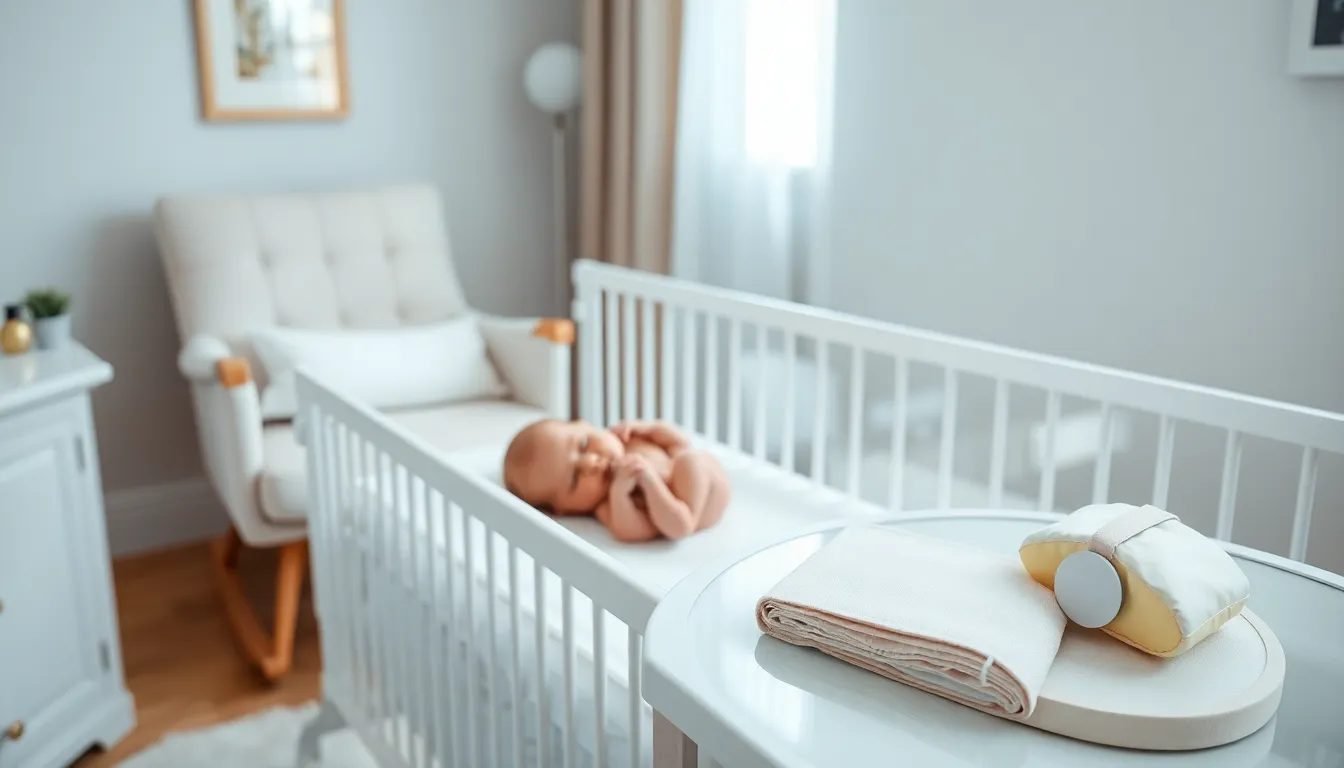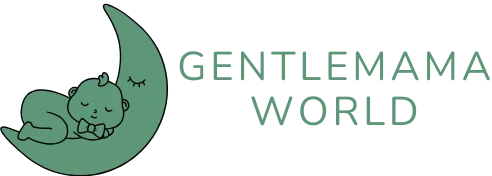So, you’ve got a squirming little bundle of joy that’s turned your world upside down. Newborns are undeniably cute, but it begs the question: When does this adorable phase come to an end? Spoiler alert: your baby raises their tiny fist and declares, ‘I’m not just a newborn anymore.’ Let’s jump into the fascinating journey of understanding when babies stop being newborns, because who wouldn’t want to translate “screaming at 3 AM” into an exact timeline for developmental transitions?
Table of Contents
ToggleDefining the Newborn Stage

The term “newborn” typically refers to babies aged 0 to 2 months. During this time, they experience rapid changes that set the groundwork for their development. It’s a brief but magical stage where they are entirely reliant on their caregivers. Think of it as the all-access pass to parenthood: sleepless nights, endless diaper changes, and an ever-present feeling of awe at those tiny fingers and toes.
In the realm of child development, the newborn stage is critical. It gives parents an exciting glimpse into the sheer potential of their future infant. Researchers often zero in on this short phase because it’s when myriad developmental milestones begin to form, preparing them for life beyond the cradle.
Key Characteristics of Newborns
Newborns are truly unique. They’re born with certain reflexes, grasping, rooting, and sucking, that help them adapt to life outside the womb. Besides these instincts, they exhibit specific traits that define this stage:
- Fragility: This is a period of vulnerability. Newborns lack the strength and coordination of older infants, requiring careful handling.
- Sleep Patterns: Newborns sleep most of the day, around 16 to 18 hours, and frequently wake for feeding.
- Dependency: They rely on caregivers for almost every need. From feeding to changing, it’s all hands on deck.
- Limited Communication: Their primary method of communication involves crying. You can forget about verbal cues for now.
These characteristics paint a picture of a newborn’s world, and understanding them can help caregivers navigate this exciting, albeit sleep-deprived, stage.
Transitioning from Newborn to Infant
As babies grow, they transition from the newborn stage to what is known as the infant stage (2 months to about 1 year old). This transition is not a sudden shift but rather a gradual evolution, marked by significant developments.
Age Milestones: When Does it Happen?
Most babies will start to transition around 8 weeks. At this point, they typically demonstrate some physical and cognitive changes that hint that they’re ready to shed their newborn identity. By around 3 months, many parents notice their babies starting to coo and smile, crucial social milestones.
Physical Development During the Transition
During these early months, physical development kicks into high gear. Newborns gradually develop neck strength, allowing them to hold their head up by about 2 months. By 4 months, they’re often able to roll over. These milestones signal that your baby is no longer just a sleeping little nugget but is evolving into an engaging infant.
Cognitive and Emotional Growth
Newborns are still figuring out the world around them. As they approach the 3-month mark, cognitive skills begin to flourish. This includes recognizing faces, responding to their name, and even beginning to express a range of emotions, from joy to frustration. It’s as if they’re saying, “I’m more than a bundle of cries.” This blossoming development encapsulates the essence of moving from newborn to infant.
Signs Your Baby is No Longer a Newborn
Recognizing that your baby has transitioned from a newborn to an infant can be both a heartwarming and bittersweet moment. Here are some tell-tale signs:
- Increased Alertness: Infants tend to be more awake and aware of their environment, exhibiting curiosity that wasn’t there as a newborn.
- Social Interaction: If your baby starts to coo back at you, or smiles in response to your voice, consider it a clear sign they’re beginning to bond beyond mere survival.
- Change in Sleep Patterns: Newborns generally sleep for long stretches but an infant may adopt a more predictable sleep schedule, with longer awake periods in between.
- Physical Milestones: Rolling over, propping up on elbows, and grasping toys are key indicators that they’re moving on from the initial newborn phase.
If you see these signs, get ready. The transition to becoming an interactive little person is right around the corner.
Expert Insights on Newborn Development
Experts in child development emphasize the importance of nurturing your baby during these first few months and beyond. Pediatricians suggest monitoring milestones but also emphasizing the individuality of each baby. Some may hit developmental markers earlier or later.
Dr. Jane Smith, a child development specialist, notes, “Every baby is different. This journey isn’t a race. Celebrate each achievement, no matter how small.” This perspective can help mitigate parental anxiety, reminding caregivers that joy and growth should be at the forefront of this stage.
Research also shows that interaction and stimulation play crucial roles in this developmental phase. Talking, reading, and even singing to newborns can lay the groundwork for cognitive advancement. So, yes, don’t shy away from reading aloud approaching your baby for the interactive experience.



